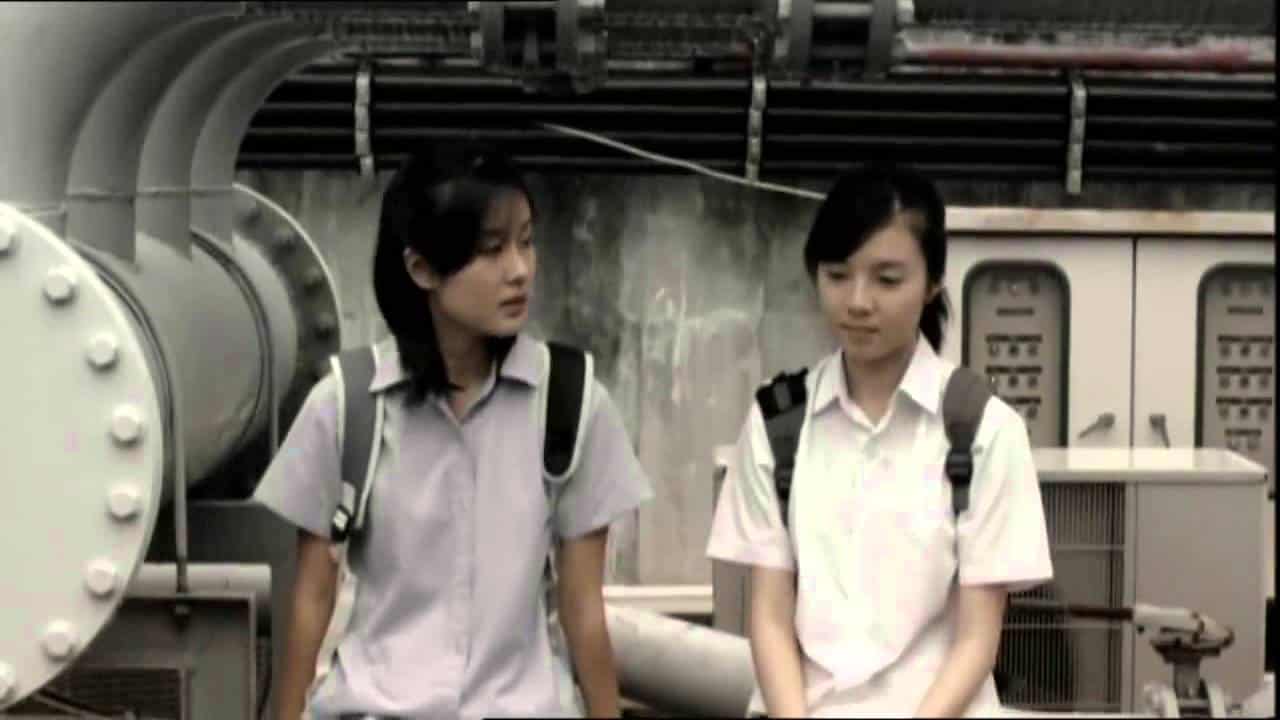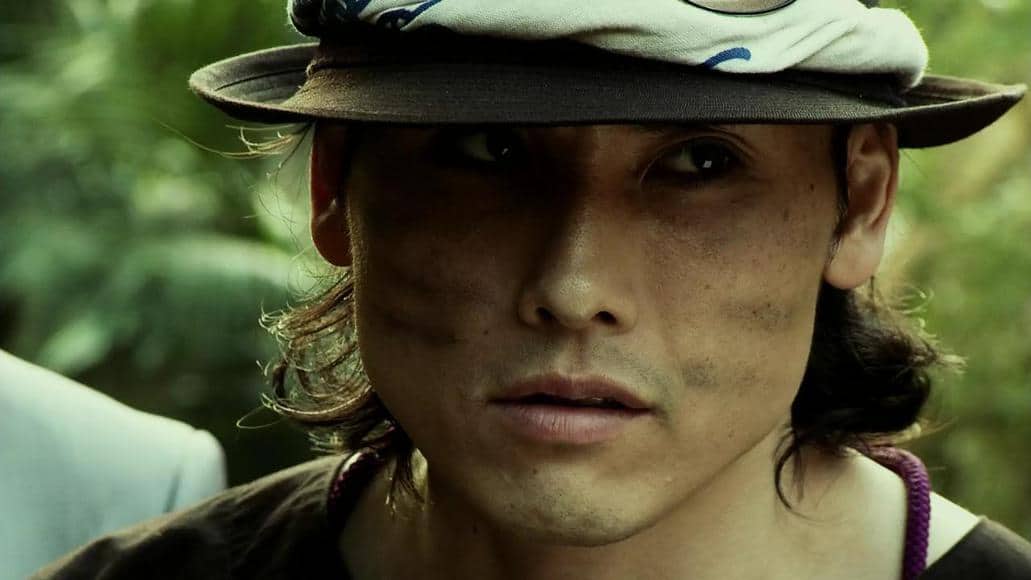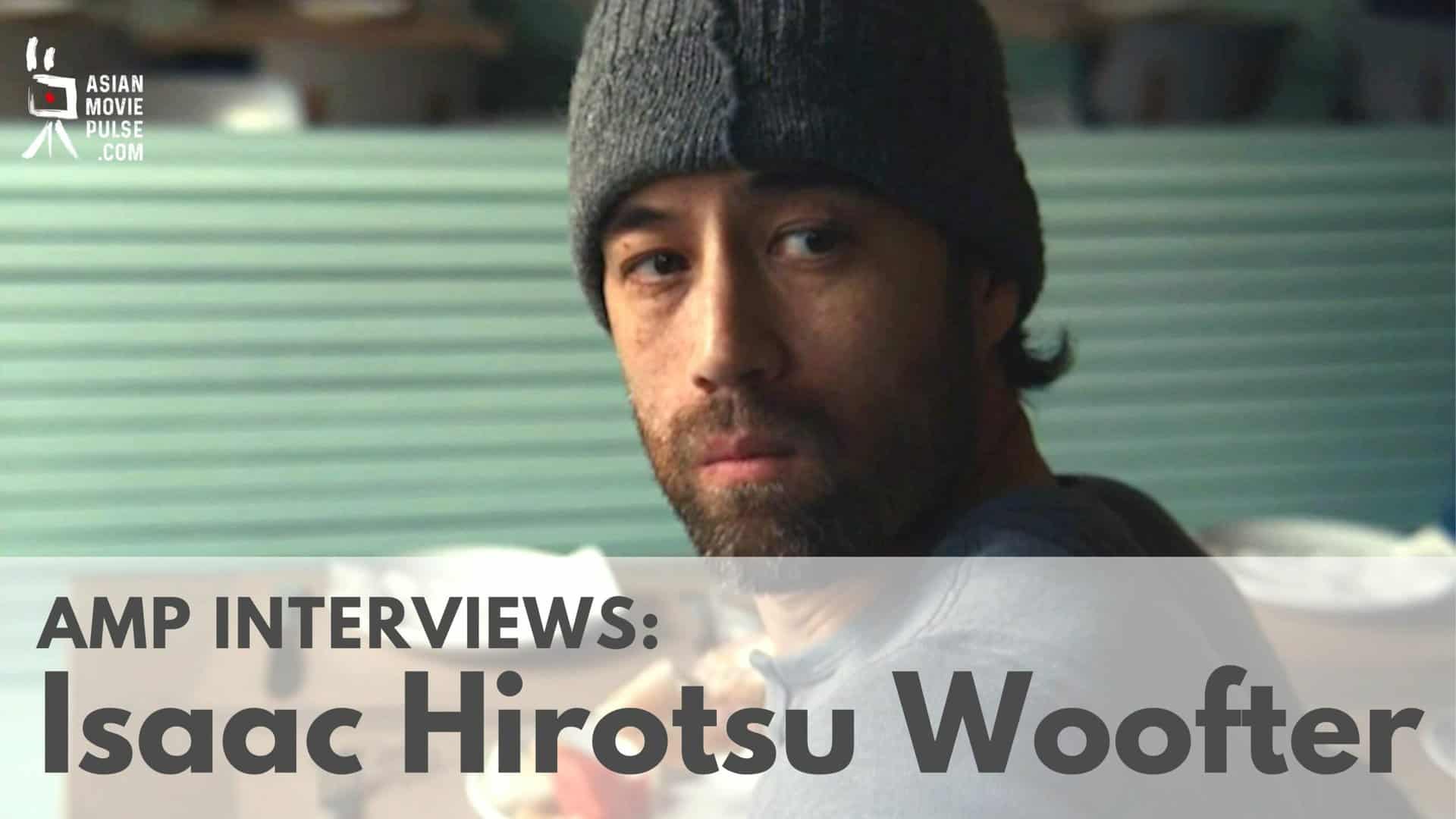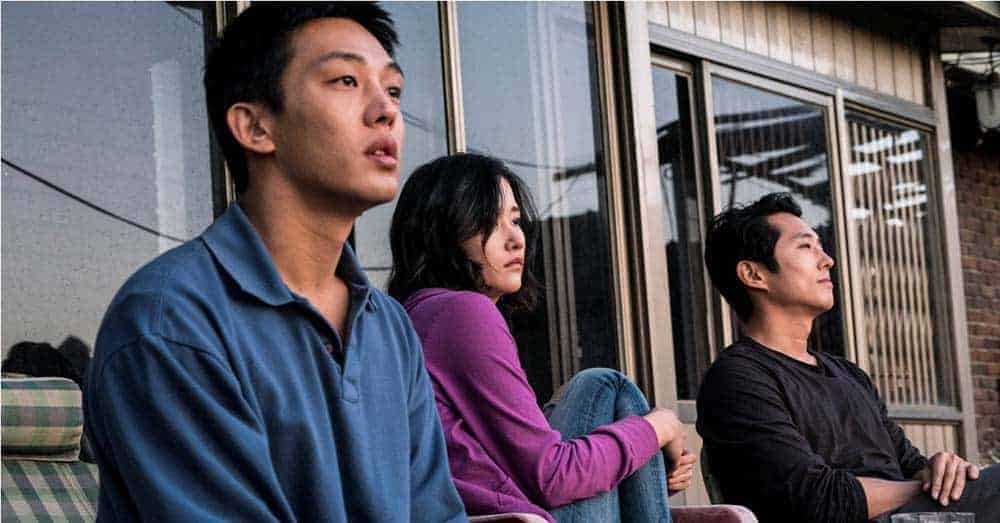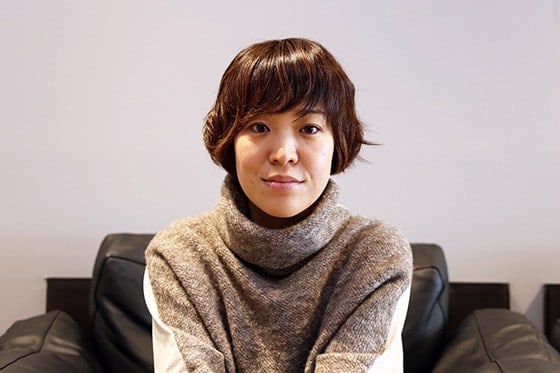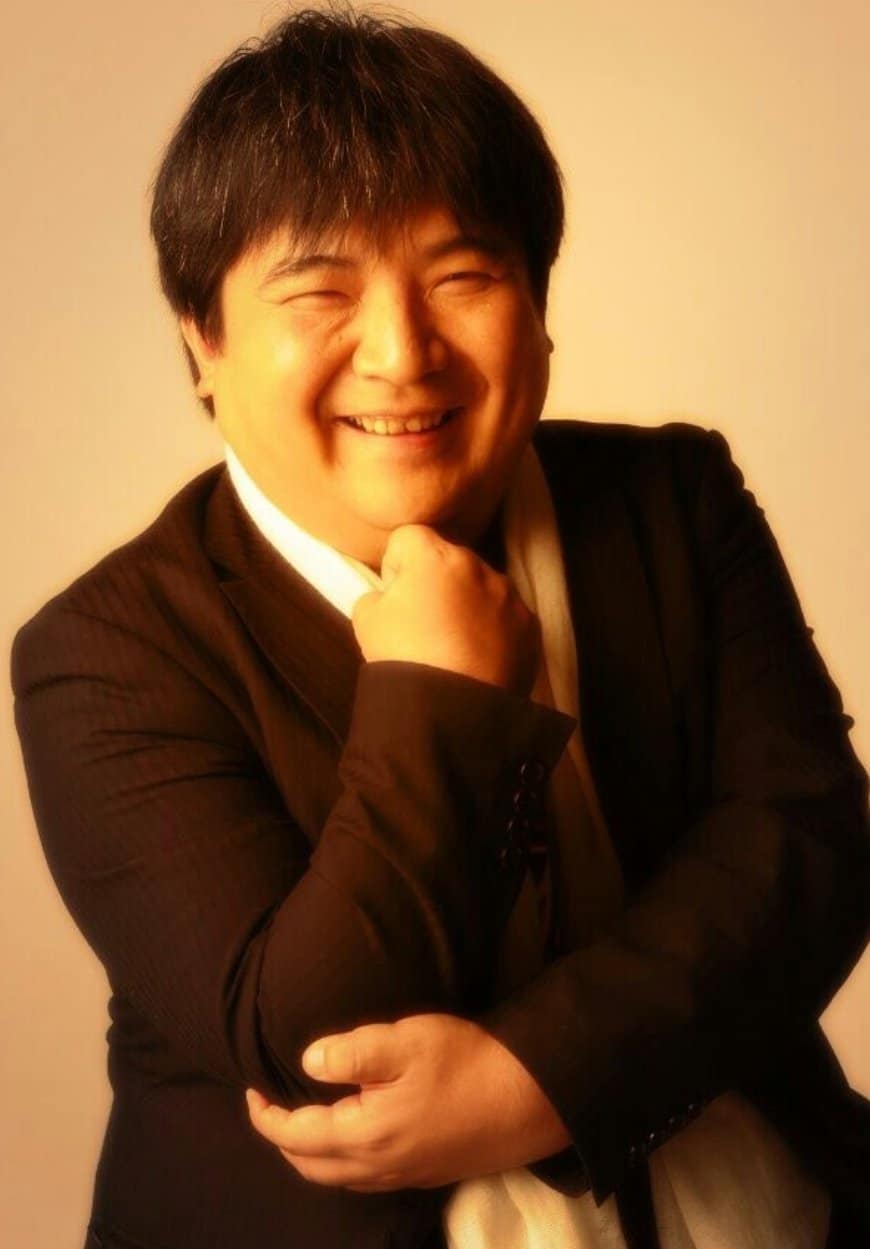Emerging Japanese director Kudo Riho's film competes in this year's International Features Competition at the 21st Seoul International Women's Film Festival. The Kyoto University of the Arts graduate already snagged a string of domestic awards; Orphans' Blues swept the Cinefilm Prize at the Yokohama Independent Film Festival, the Nara-Wave Best Picture and Audience Award at Nara International Film Festival, and the Best Actress Award for Murakami Yukino at TAMA New Wave. Her graduation film also turned heads at Japan's oldest film festival for up-and-coming directors, winning the 40th Pia Film Festival's Grand Prize.
With the help of translator Jo Jinyoung, we flagged down Kudo Riho at SIWFF. She shared with us some of her behind-the-scenes stories, inspirations, and aspirations for her first feature film.
“Orphans' Blues” screened at Seoul International Women's Film Festival

What inspired “Orphans' Blues”?
[Avant-garde Japanese poet] Terayama Shuji once wrote, “Summer doesn't end, it most likely just dies.” I was shocked when I read this. How could anyone ever personify summer? I wanted to understand this more – so I tried to do so with “Orphans' Blues”. Yang is the metaphor for the summer; Van, for the wind; and Emma for the sea. Terayama's writing really influenced me to write the characters as an extended metaphor for nature.
As for directors – I have always been in love with world cinema. When I work on my own films, I model them after what I have seen. The storyline was inspired by Leos Carax's “Mauvais Sang” (1986). Aesthetically, I looked to Wong Kar-Wai's high color temperature to convey a sense of an eternal summer. Abdellatif Kechiche was a huge influence on my photography, especially through his use of sensual character close-ups. Edward Yang's “A Brighter Summer Day” (1991) and Bong Joon-ho's part of “Tokyo!” (2008) also guided the way I arranged the film's lighting.

Music also seems to play a large part in “Orphans' Blues”. In the beginning, the cassette player starts and stops; by the end of the film, the same tune plays again. How did you interpret music's place in your film?
When Van, Yang, and Emma are together, they all were bound by a single tune: 1995. This is the “orphans' blues” indicated in the film title – their own beat, per se.
There was a fair amount of external inspiration, too. French indie band Tahiti 80, American singer Vance Joy's “Riptide,” and Swedish artist Lykke Li's “I Follow Rivers” all influenced the making of the film. I was also inspired by a Japanese group Cero's song, “Orphans.” The title fit my film. One of my friends commented on a previous short film that my characters “act like orphans” – the characters seem like they grew up without relying on anyone. After I heard that, I thought I should make my feature's characters all literal orphans. They also act like they're orphaned from societal norms; they're almost emotionally immature, unable to engage in the normal everyday routine.
Previous Q&A sessions at SIWFF have also brought up the theme of “memory.” I think this is a substantial part of the film as well — especially played by Emma, as she tries to remember, forget, and search for Yang. Where does this come from?
Emma's character was influenced by my past experience with my grandmother. She had Alzheimer's, and it was painful to be forgotten as her granddaughter – and watch her almost return to her childhood self. But I don't want the story to end with resentment. Even if someone forgets about someone that they loved – like how Emma forgets Van in her search for Yang – I wanted to convey that it is still possible to love them. Emma almost returns to her childish self, trying to re-access her happy childhood memories, to revisit past innocence. I wanted the audience to sympathize in a similar way – to feel this sense of loss, hope, and familiarity.

You have a huge library of influence! As an emerging filmmaker, how have you found your own style?
Like when Van brushes Emma's teeth in the field, I want to create a surreal juxtaposition between what should be there and what is actually there. I try to build a sense of fantastical awkwardness, making the viewer think, “this shouldn't be here.”
I also want to credit my team. Unexpectedly, my team – of which mostly consisted of women – had a really good relationship throughout the film. Everyone shared an equal stake. This is probably the best group of people I have worked with in my life so far.
That's wonderful. What other projects are you working on?
I am working on two films. The first is supported by the Pia Film Festival; it is slated to start production in 2021. Preemptively, the film is about two boys — one of whom records the “sounds of the world” for a blind old woman who has never been able to travel. The second, his friend, helps him record. The film will revolve around love and friendship.
I'm still working on the second. I hope to start shooting by summer 2020. I'm thinking about bringing white night to Japan, some fantastical twists… but this can always change. I'm excited to see how it turns out myself! (laughs)

And… as a first-time filmmaker, any last comments to the world?
I admit, I was really nervous when this film first released. I wasn't sure how people would perceive my film. But thanks to the positive reception in all these international film festivals – in Spain, Japan, and now Korea – I'm encouraged. I want to keep making movies!



